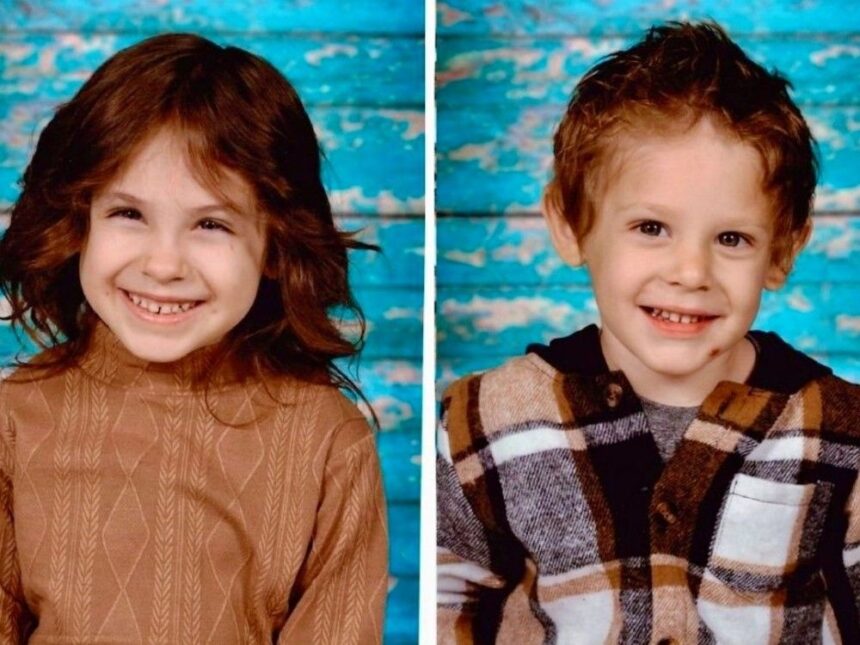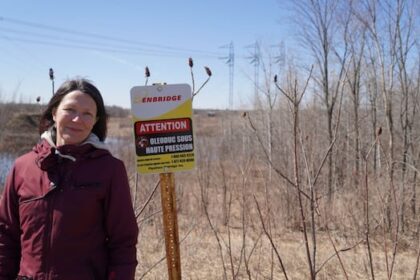Lilly and Jack Sullivan have been missing in Pictou County since May 2. Photo by HandoutArticle contentHuman remains detection dogs from Western Canada are going into the Nova Scotia woods to search for Jack and Lilly Sullivan.THIS CONTENT IS RESERVED FOR SUBSCRIBERS ONLY.Subscribe now to access this story and more:Unlimited access to the website and appExclusive access to premium content, newsletters and podcastsFull access to the e-Edition app, an electronic replica of the print edition that you can share, download and comment onEnjoy insights and behind-the-scenes analysis from our award-winning journalistsSupport local journalists and the next generation of journalistsSUBSCRIBE TO UNLOCK MORE ARTICLES.Subscribe or sign in to your account to continue your reading experience.Unlimited access to the website and appExclusive access to premium content, newsletters and podcastsFull access to the e-Edition app, an electronic replica of the print edition that you can share, download and comment onEnjoy insights and behind-the-scenes analysis from our award-winning journalistsSupport local journalists and the next generation of journalistsRegister to unlock more articles.Create an account or sign in to continue your reading experience.Access additional stories every monthShare your thoughts and join the conversation in our commenting communityGet email updates from your favourite authorsSign In or Create an AccountorArticle contentJack, 4, and Lilly, 6, have been missing from their Lansdowne Station, Pictou County home since May 2.Article contentArticle contentSgt. Dave Whalen (with his dog Kitt) and Insp. Luke Rettie (with his dog Narc), who are both based in British Columbia, will soon start scouring the woods. Their dogs are among the few in the country that can scent out human remains — in water, buried in the soil, in burnt areas or in deep brush. They’ve had dogs that have found remains years after the person had died.Article contentArticle content“This is the next step,” explained Cpl. Guillaume Tremblay with the Nova Scotia RCMP on Friday. “We are looking at every resource that’s available, and investigators are working very hard every day on this file.”Article contentNova Scotia RCMP held an online media availability Friday with Whalen and Staff Sgt. Stephen Pike, the program manager of Police Dog Services based in Innisfail, Alta., who went into detail on how these dogs work and what they can do.Article content“A lot of it is environmentally based, and for example: . . . . What was the person wearing? Where did they pass on? Is it fall? Is it during the midsummer? All that will have an effect on the human body,” Whalen said.Article content“But what I can say is our dogs have been finding bones just out in the forest . . . so you can get all different stages of decomposition that our dogs are going to be able to detect for us.”Article contentArticle contentHow much territory they cover in a day depends on the terrain, Whalen said. That can be 13 kilometres a day or five, depending on what’s on the ground.Article contentArticle contentActive and intenseArticle contentRCMP are not saying exactly when these teams will be heading into the woods out of consideration for the investigation and officer safety. Last spring, hundreds of searchers went through over eight square kilometres, but they could have missed something because of the dense brush, downed trees or many other reasons.Article contentThe investigation is still very active and intense, said Nova Scotia RCMP spokesperson Cindy Bayers earlier Friday.Article contentBayers said in an email that in the early days of the search last spring, police dogs were used as search and rescue teams scoured the woods.Article content Ground search and rescue members during the early days of the search for Pictou County siblings Lilly and Jack Sullivan. Photo by File photoArticle content“Police Dog Services, which was deployed, does have the ability to pick up human scent, including that of recent remains. This is, however, the first time Police Dog Services teams specifically trained in human remains detection have conducted searches in relation to this investigation.”
Latest in the search for Jack and Lilly: RCMP human remains detection dogs heading into the woods











